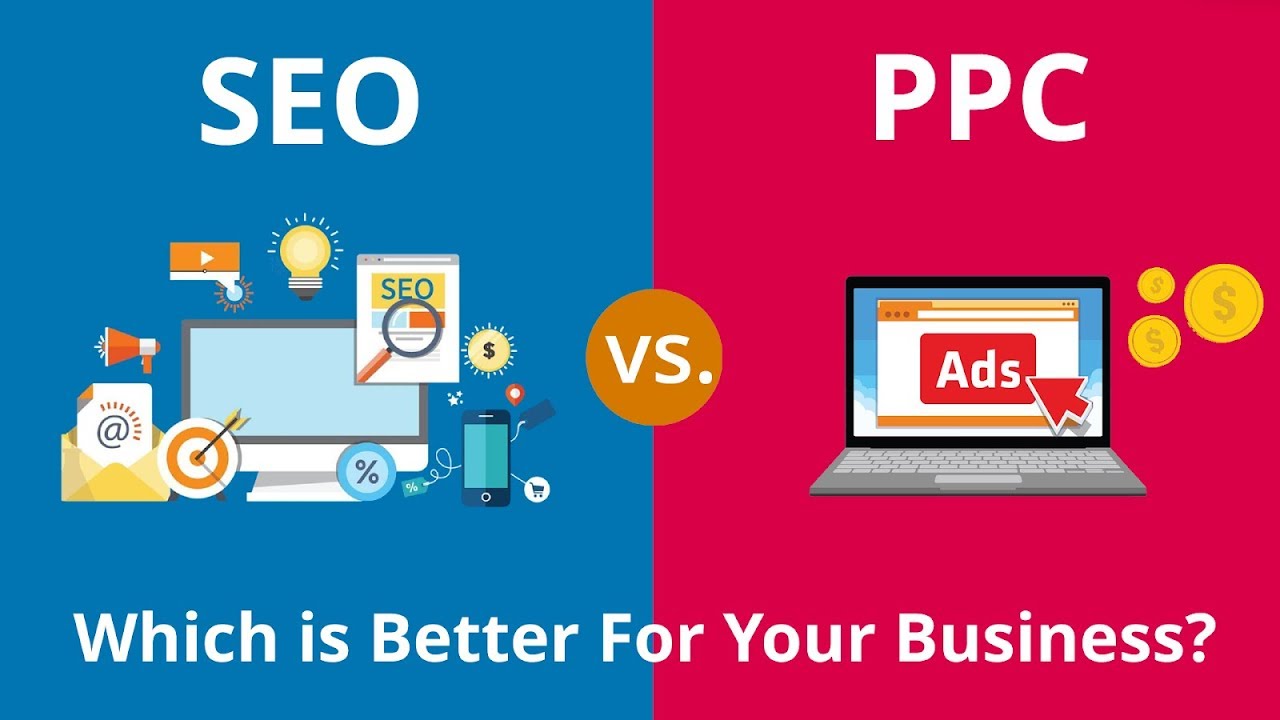When it comes to increasing a website’s traffic and content visibility, most businesses consider online tools such as paid online advertising methods. In the realm of online advertising, two of the most successful practices include Pay-per-click (PPC) and Google Ads. Although they have some similarities, it’s essential to understand their differences to utilize their unique advantages effectively. We asked the experts at Alpha Efficiency to delight us with rich information about these popular techniques. This article will explore the dissimilarities between PPC and Google Ads and explain their functionalities and benefits.
What is PPC advertising?
Pay-per-click (PPC) is a digital advertising model in which a business pays a fee each time its ad is clicked. It’s as straightforward as paying for advertising only when a person clicks on your ad. That is an excellent option for businesses wanting total control over their performance and budget. It is a broader concept encompassing various platforms, including social media platforms, search engines (like Google or Bing), and other online channels.
The fundamental principle of PPC is that advertisers bid on keywords relevant to their target audience. When users search for these keywords, the advertiser’s ad may appear, and if clicked, the advertiser is charged for that click. Let’s dive into the fantastic benefits PPC has:
- PPC Ads provide instant traffic
- Helps businesses reach their goals
- A highly measurable and trackable method
- PPC user data helps your SEO strategy
What are Google Ads?
Google Ads, formerly Google AdWords, is Google’s advertising platform offering PPC advertising opportunities. As one of the most prominent and widely used platforms for online advertising, this method allows businesses to gain visibility across Google’s search engine result pages (SERPs). Google Ads allows advertisers to create and display text ads, image ads, video ads, and other formats across Google’s extensive network, including the SERPs and partner sites. Here are some incredible benefits Google Ads has:
- Get faster results than SEO campaigns
- It’s measurable and trackable
- Monitors Ad campaign performance
- Maximize return on investment (ROI)
Differences between PPC and Google Ads
- Scope and reach:
PPC is a broader concept encompassing various advertising platforms beyond Google, such as social media platforms like Instagram, Facebook, Twitter, and LinkedIn. It includes all channels where advertisers pay per click on their ads. On the other hand, Google Ads refers explicitly to the advertising platform provided by Google, focusing on ads displayed within Google’s ecosystem, including the search engine and partner websites.
- Display Network vs. Search Network:
Google Ads allows advertisers to target their ads on either the Search Network or the Display Network. The Search Network displays ads in response to user searches on Google, while the Display Network showcases ads on relevant websites like YouTube or mobile apps. On the other hand, PPC encompasses all platforms and channels, allowing advertisers to choose their preferred network or combination of networks for advertising purposes.
- Ad extensions and formats:
Google Ads offers a comprehensive range of ad extensions and formats that enhance the visibility and engagement of ads. Ad extensions, such as site links or call extensions and structured snippets, provide additional information and options for users to interact with ads. PPC, being a broader concept, includes various formats specific to different platforms, depending on the rules and capabilities of each channel.
- Network Partner Relationships:
Google Ads has an extensive network of websites and app partners where ads can be displayed. Such partnerships extend the reach of advertisers’ campaigns beyond Google’s search engine. PPC, however, encompasses multiple advertising platforms that have their own network partner relationships, enabling advertisers to extend their reach to diverse audiences through different channels.
Final thoughts
Understanding the distinction between PPC and Google Ads is crucial for marketers and businesses aiming to make successful decisions about their digital advertising strategies. While PPC is a broader concept that encompasses various platforms where advertisers pay per click, Google Ads refers explicitly to Google’s advertising platform, offering a wide range of ad formats.
PPC and Google Ads have unique advantages and play significant roles in digital advertising campaigns. Depending on your company’s goals, target audience, and budget, you can choose to leverage Google Ads within the PPC framework or explore other PPC opportunities to maximize the reach and effectiveness of your paid ads.
